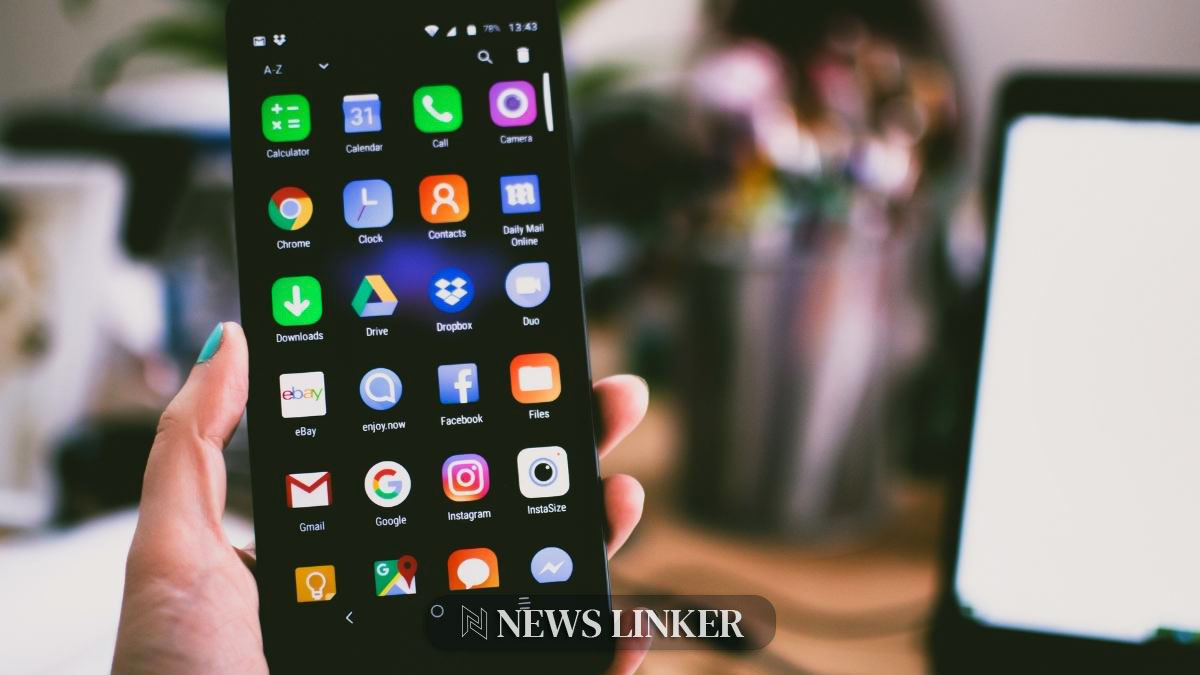As the tech industry continuously evolves, Apple‘s latest venture into artificial intelligence (AI) integrated within its iPhone lineup stands as a significant strategic move. This initiative is not just about enhancing the user experience; it’s a well-calibrated step toward regaining a stronghold in the fiercely competitive smartphone market. The integration of advanced AI capabilities is set to redefine the interactive dynamics between the user and the device, promising a more intuitive and personalized user interface that adapts to individual preferences and behaviors.
Enhancing User Interaction with AI
Apple’s new AI initiative focuses on making the iPhone not just a tool for communication but a more insightful and responsive companion. By leveraging AI, iPhones are expected to offer predictive text more accurately, understand user commands with greater nuance, and even anticipate user needs before they are explicitly stated. This leap in technology aims to set new benchmarks in user engagement and satisfaction.
Market Implications and Consumer Response
The introduction of AI in iPhones is anticipated to stir a significant shift in consumer preferences and market dynamics. As users increasingly look for devices that offer more than just basic functionalities, Apple’s move could attract a broader demographic seeking smart technology that offers a seamless and interactive experience. This shift is likely to catalyze further innovations within the industry, prompting competitors to also enhance their offerings.
Exploring similar technological advancements, Engadget’s article “Exploring AI’s Role in Mobile Technology” and TechCrunch’s “How AI is Shaping the Future of Mobile Devices” both delve into the broader implications of AI in the mobile tech landscape. These articles outline the potential transformations in user interfaces and device functionalities, with AI playing a central role in making devices more adaptable and anticipatory to user needs.
Broader Implications of AI in Technology
Apple’s foray into AI-enhanced smartphones is part of a larger trend where major tech companies are increasingly embedding AI into their core products. This move is not only anticipated to improve device functionalities but also to raise the bar for what consumers expect from their technological devices. The implications extend beyond just user experience improvements, suggesting potential shifts in global technology standards and practices.
Useful Information
- AI integration can significantly enhance text prediction accuracy.
- Anticipatory user engagement may set new industry standards.
- Consumer expectations are shifting towards more intuitive tech.
The strategic integration of AI into the iPhone symbolizes a pivotal shift in Apple’s approach to reclaiming market leadership. This technology not only elevates the functionality of smartphones but also aligns with the evolving expectations of modern consumers who prioritize efficiency, personalization, and interactivity. As the industry watches this development, it becomes clear that the future of smartphones lies not just in hardware advancements but significantly in smarter, AI-driven software solutions that resonate more deeply with users worldwide.










